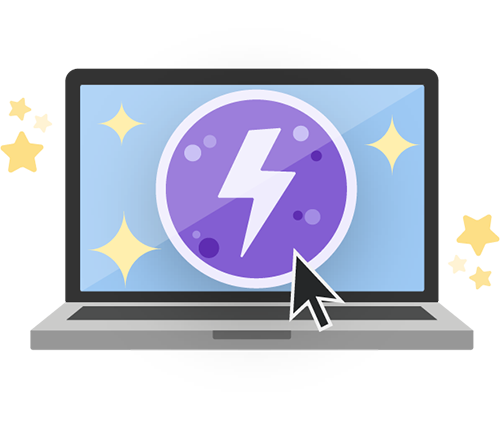5 Ways to Fight Loneliness in Private Practice
By TherapyNotes, LLC on September 12, 2018


It’s no mystery why many therapists report feeling lonely.
With a lack of coworkers, an inability to discuss work with loved ones, and a job that requires talking to people all day about their own experiences, working in private practice can feel isolating. Since loneliness can increase your risk of depression, heart disease, and stroke, it’s important to reduce it.
Here are 5 ways to fight loneliness in private practice.
1. Find a peer support network
Having other therapists you can talk to about your work is a great way to ward off isolation.
Samara Stone, an LCSW-C who coaches behavioral health professionals, writes on Perfected Practice that peer supervision can be used “not only as a way to think through your cases, but as a way of processing your thoughts and feelings about your work.”
Some peer support groups are small and informal, whereas others are big and structured. Whichever one you join or create, it can benefit you professionally and emotionally.
2. Work outside the office
Sometimes just being around other people, even if you’re not talking to them, can prevent loneliness.
One way to do this is by working at a coffee shop (when you're not with patients, of course). The ambient environment will not only inspire work (there’s even a website with recorded café sounds for that reason), but also let you see and hear other people and interact with a barista. Just make sure your screen is shielded from potential onlookers to protect client information, and the whole experience can make you feel less alone.
3. Go to networking events
Networking doesn’t have to be only about business.
According to Nicole Liloia, LCSW, on Psych Central, “We often think that we need to connect with other therapists so that they can provide us with referrals, but it’s most important to connect with like-minded professionals and business owners who have similar values to you.”
That like-mindedness can make you feel more connected regardless if it becomes a lead.
4. Join professional bodies
Another way to meet people is by joining professional bodies or advocacy groups, such as American Psychological Association (APA), American Counseling Association (ACA), and National Alliance on Mental Illness (NAMI).
Organizations like these, according to therapist and author Rebecca Kirkbride on LinkedIn, let practitioners engage with other professionals through conferences, journals, workshops, and more, helping them “feel connected and supported in their work.” You may also find divisions within these organizations catered specifically to your specialization, as well as local groups for your state or even city.
Plus, membership with these organizations could provide additional benefits, such as online discussion groups, discounts on insurance, legal resources, newsletters, and discounted or free online courses.
5. Take classes
Enrolling in classes online or on campus is a great idea for many reasons.
For one, these classes can teach you useful information for you career and potentially earn you CE credits. Also, you can meet people interested in the same topics as you. This can forge new friendships and professional relationships, supplying more people you can reach out to when you're feeling lonely.
Even online courses or short-term classes that require traveling can introduce you to people you can stay in touch with through email, social media, or over the phone.
What do you do to fight loneliness in private practice? Let us know in the comments below.
Sources: How Social Isolation Is Killing Us, The New York Times; 5 Strategies to Decrease Loneliness When You Have a Private Practice, PsychCentral; The (potential) loneliness of the private practice therapist., LinkedIn; Practice Isolation: Why and How to Navigate it, Perfected Practice
* The content of this post is intended to serve as general advice and information. It is not to be taken as legal advice and may not account for all rules and regulations in every jurisdiction. For legal advice, please contact an attorney.
Get more content like this, delivered right to your inbox. Subscribe to our newsletter.
More Content You'll Enjoy
The Best Practice Fusion Alternative for Mental Health

Supercharge your Documentation with TherapyFuel!

